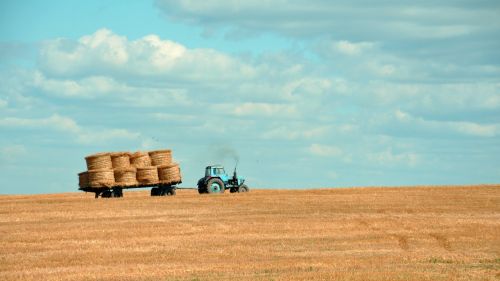Food Systems Dashboard: A Decision-making Tool for Better Food Governance Decisions

In our latest collaboration with Agri-Pulse, Jess Fanzo and Lawrence Haddad explain how the Food Systems Dashboard helps policy makers and farmers alike.
The Johns Hopkins University, The Global Alliance for Improved Nutrition, The Food and Agriculture Organization of the United Nations, and other partners recently launched a new easy-to-navigate online Food Systems Dashboard designed to help decision makers and other users in the US and around the world understand their food systems, identify their levers of change, and decide which ones to pull in order to sustainably improve diets and nutrition in their food systems.
Food systems encompass an entire range of actors—including, but not limited to, farmers, traders, processors, wholesalers, distributors, retailers, and consumers—and the processes that get food from the fields to markets to tables. Well-functioning food systems can ensure the availability, accessibility, and affordability of nutritious foods for healthy diets.
The Food Systems Dashboard combines data for more than 170 food systems indicators from over 35 from public and private data sources for more than 230 countries and territories that describes global, regional, and national food systems. The data is organized using the conceptual framework developed by the High-Level Panel of the UN Committee on Food Security in 2017 to help decision-makers diagnose their food systems and identify all their levers of change and the ones that need to be pulled first.
The Dashboard has the potential to halve the time required to gather the relevant data, helping public agencies and private entities to grasp the three Ds more rapidly:
Describe national food systems
Diagnose them to prioritize areas for action
Decide on the action to take based on plausible interventions that have been tried in other countries.
Read the full article on Agri-Pulse
Editor's Note
Agri-Pulse and The Chicago Council on Global Affairs are teaming up to host a monthly column to explore how the U.S. agriculture and food sector can maintain its competitive edge and advance food security in an increasingly integrated and dynamic world.

